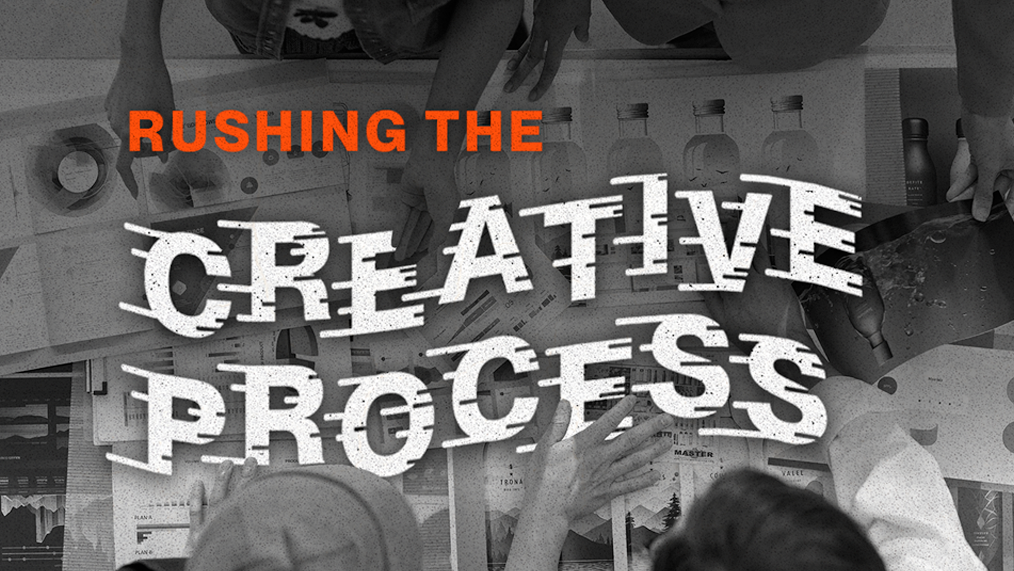It’s a familiar scenario: the deadline moved up, the budget got tighter, or a new priority landed in your inbox—yesterday. Suddenly, what started as a strategic creative initiative turns into a race against the clock.
We get it. Deadlines are real. Timelines matter. But when speed becomes the driving force behind a project, the quality of the work often suffers. And sometimes, so does the strategy behind it.
Let’s take a look at what rushing really costs—and how to get the results you want without sacrificing impact.
Good Creative Needs Room to Think
Creativity isn’t just about aesthetics. It’s about solving problems. That takes time for research, concept development, and cross-team alignment. When we rush, we lose the opportunity to explore different ideas, vet stronger messaging, and bring nuance to the final product.
You may still get the work “done,” but you miss the chance to make it resonate.
Speed Can Break Strategy
Tight turnarounds often skip over discovery and insight. That means creative work gets built on assumptions instead of alignment. The risk? Your final deliverable may look good, but it may miss the mark entirely in terms of audience, tone, or objectives.
When strategy is shortchanged, so is effectiveness.
Revisions Multiply
Ironically, rushing often slows things down in the long run. When early decisions are made too quickly or feedback isn’t consolidated, revisions pile up. Internal approvals stall. Stakeholders request changes late in the process. The whole thing spirals.
And now you’re not just behind schedule—you’re over budget, too.
What To Do Instead
Here’s the good news: urgency doesn’t have to kill creativity. There is a better way to move quickly while keeping the work grounded in strategy.
Start with:
- Clear, aligned goals at the start of the project
- A realistic timeline that builds in room for review and iteration
- Consolidated feedback from all key stakeholders
- Honesty about constraints, so we can help prioritize what matters most
When we know what we’re working with, we can flex the process without losing the impact.
Fast Isn’t the Same as Effective
We’ll always rise to the occasion when things get tight. But when we’re able to slow down just enough to think critically, ask better questions, and iterate intentionally, the work gets better—and so do the results.
Let’s create the kind of work that lasts longer than the deadline.

